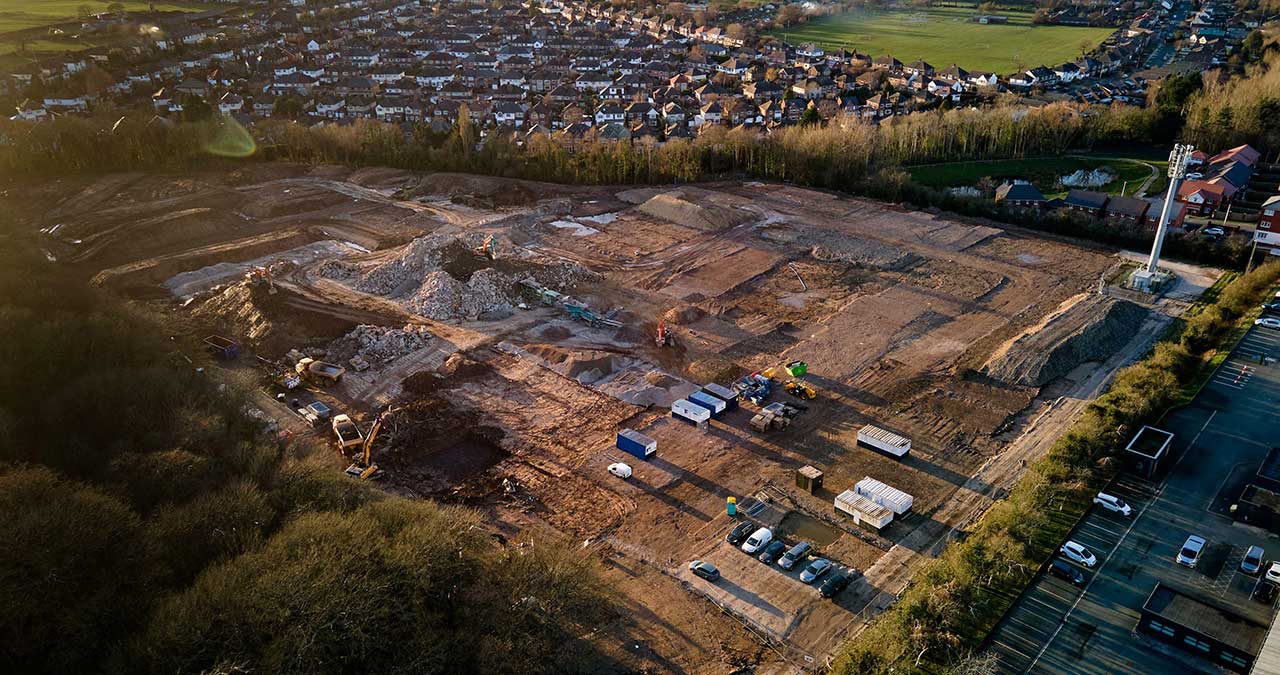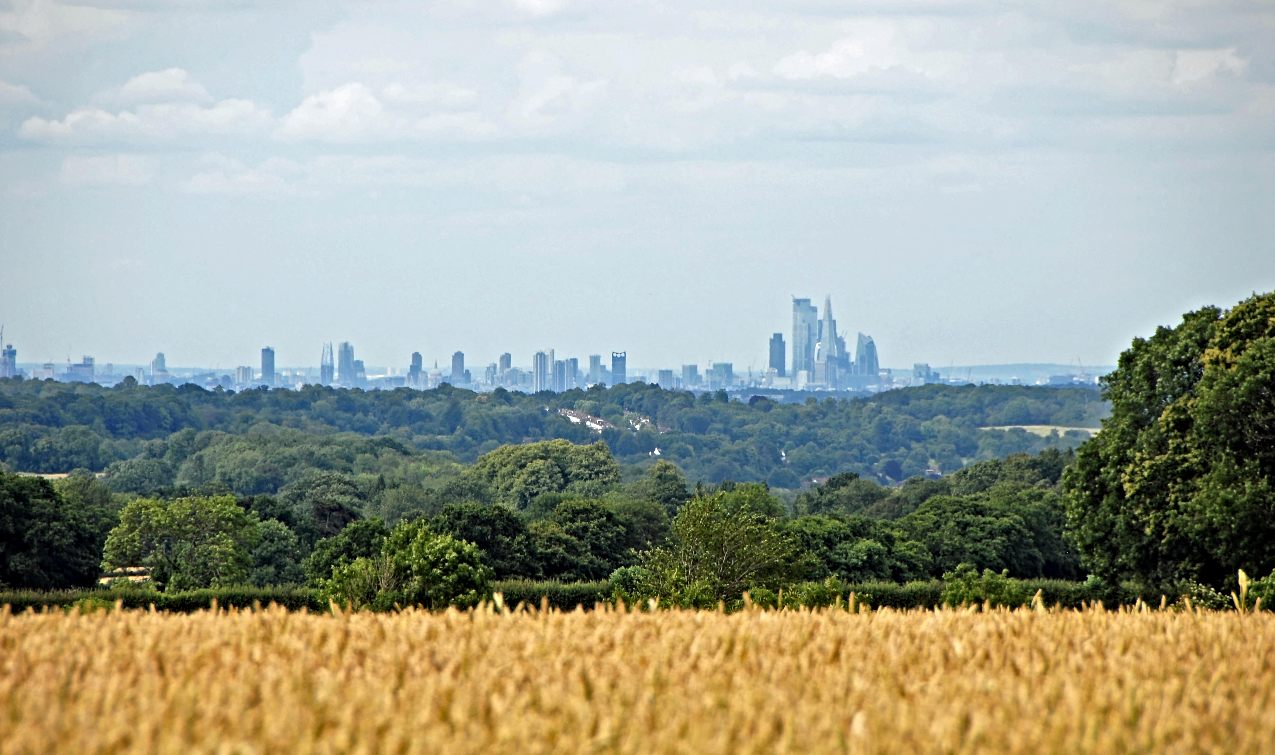A budget for cities that neglects rural communities: our comment
The Chancellor has given his summary of planned government spending in the Budget. We found some areas to celebrate, and warn of missed opportunities and overlooked areas.
In a campaign win for CPRE, the countryside charity, Rishi Sunak’s Budget and spending review see a boost for a brownfield-first policy for building on previously-used land before untouched greenfield.
But we’re also calling out gaps in public transport and woolly words on affordable housing, leaving young people high and dry.
Our chief executive, Crispin Truman, describes it as ‘disappointing that the decades of disadvantage faced by rural communities looks set to continue.’
A ‘new age of optimism’? Not in the countryside
We welcome news of an increased emphasis on the use of brownfield sites – derelict or previously-used areas such as old factories or empty buildings – for building new homes, and a preference for prioritising rebuilding on the many sites of this sort that our analysis has shown exist before using unspoilt green spaces.
But this alone won’t be enough to address historic inequalities affecting rural areas. Crispin says:
‘The Chancellor’s ‘new age of optimism’ offers a glimmer of hope in terms of brownfield development but overall, it’s disappointing that the decades of disadvantage faced by rural communities look set to continue.
‘Millions of people living in rural areas have been treated as an afterthought and for them, this new era looks remarkably like the old one.’
We were especially disappointed to see a lack of consideration for local transport – an issue that we have long campaigned on and that we know is affecting the experience of young people in rural areas.
Crispin describes rural transport as having been ‘razed to the ground over the past decade’ and that it would appear the government has decided it would now ‘require too much effort to level it back up again.’
We’re calling for more detailed and committed plans to address the failings in rural local transport. As Crispin puts it, ‘We have yet to see any sign of a serious plan to tackle the transport deserts blighting the lives of millions of people living in rural towns and villages.
‘Local transport for anyone living outside a major city doesn’t get a look-in.’
‘Woolly messages of optimism’
Our research has shown that young people in the countryside feel unheard and overlooked, with fewer than half of those we surveyed telling us they anticipate staying in their rural area in the next five years.
And with the majority reporting that their biggest concern is being able to buy a home amid a lack of truly affordable housing, we hoped to see some real movement to make the countryside work for these young people.
Crispin says that ‘the woolly messages of optimism could not be further from the reality faced by rural communities, especially young people living in the countryside, right now.’
‘There are positive signs; the move towards a truly brownfield-first approach does have the potential to breathe new life into those forgotten and derelict parts of our villages, towns and cities that local people want to see regenerated. Brownfield homes are a win-win for nature, climate and the affordable housing crisis.’
Now we need to see movement to bridge the gap between words and action.
We welcome more commitments to focus building on the right brownfield sites (with ecologically-sensitive sites protected and communities always engaged), but we want to see these warm words backed up by a brownfield-first policy when the government revises its key planning framework document in 2022.
Want to help us monitor the government’s plans and spending decisions and campaign for the countryside? Donations and regular gifts help us to keep calling for the best possible provision of housing, transport and services for rural areas, as well as a host of other areas we care about.





 8 min read
8 min read 





